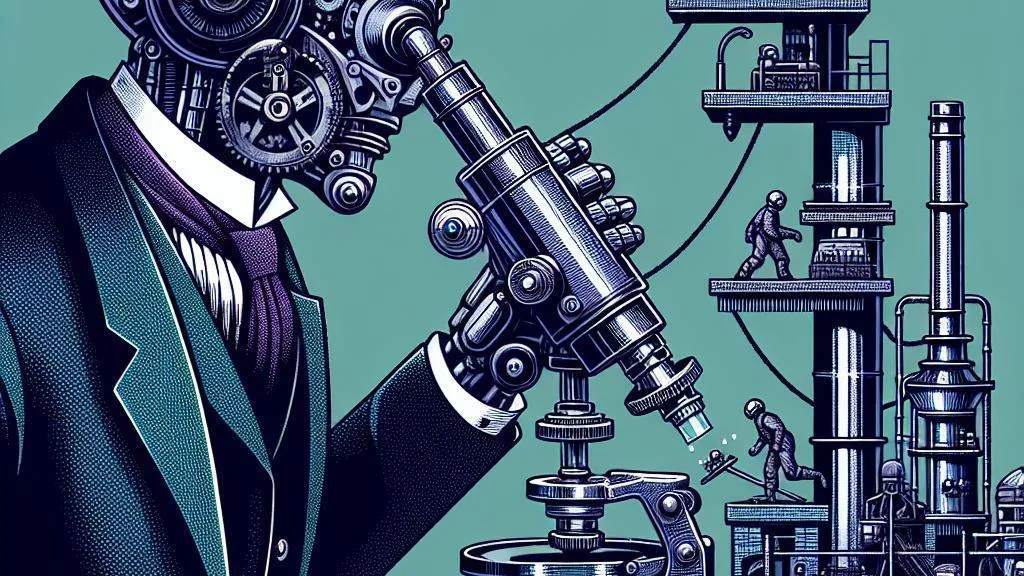where to start implementing AI into your business analysis process
As a business leader, you likely have access to vast amounts of data about …

There's a quiet revolution taking place in the world of content creation. A revolution that's swiftly turning heads, drawing in murmuring speculations - sparking a burning question: Can AI replace human writers? Like a sticky note pasted on our collective consciousness, this query probes deeper, stirring fears and doubts about AI’s unwavering advent into the realm of content creation.
AI writing – a phenomenon, or perhaps, a contender – that's shaking the foundation of traditional content creation. But before we all jump on the 'AI paranoia' bandwagon, let's hit pause, take a deep breath, and delve deeper into what AI content creation really means for businesses around the world.
We'll explore its strengths, acknowledge its limitations, and highlight the ingenious ways to coexist with and benefit from it as savvy small business owners, marketing wizards, and content crafting maestros. Are you ready for a ride into the AI-influenced world of SEO, website traffic and content creation? Buckle up, folks – it's going to be a thrilling journey!
This is not to say that we throw up our hands in helplessness and surrender to our new AI overlords. In fact, recognizing the situation for what it is, is the first step towards finding ways to adapt, evolve, and continue to exist and thrive in the face of the AI writing revolution.It does not breathe in life experiences, exude emotions, and infuse them into stories the way a writer can. So, as far as emotional, personalized writing is concerned, human writers have no competition. It's business as usual.
This isn't denying AI's writing prowess altogether, though. AI can produce large volumes of written content faster than a human can write a sentence. When pressed for time or managing large-scale content needs, bulk content generation by AI can be masters of convenience.
On the contrary, it's a resourceful tool sparkled with useful potentials, a steadfast ally, a reliable partner that can fine-tune our strategies, and essentially, a catalyst spurring creativity. AI seems to pave not a road to annihilation, but a road to evolution - for writers, marketers, and business owners alike, nudging us towards adaptability and innovation.
So, in the grand spectrum of AI and content creation, it appears we're set for a future where AI and human writers perform a masterful balancing act – an intriguing symbiosis birthing outstanding quality content. After all, there's an enduring truth in this rapidly evolving landscape - the human essence within words, the life breathed into stories, remains irreplaceable. The keyboard, as it seems, continues to retain its might under the command of human hands!
The question, "Will AI replace writers?" does not have a straightforward answer. AI’s roost in the world of writing is imminent, and its impact will be pervasive and diverse.
In some areas, it is already replacing writers, but it is also creating new opportunities for writers to leverage. It won't be a pervasive extinction of human writers but rather a balancing act between humans and machines to achieve writing of the highest quality.
The success in this new landscape will lie in adaptability, continuous learning, and in viewing AI as an ally rather than a threat. The pen, or perhaps the keyboard, will always be mightier when wielded with human hands.
Some other posts you may like

where to start implementing AI into your business analysis process
As a business leader, you likely have access to vast amounts of data about …
August 21, 2023
Read More
Unleash the Power of ChatGPT: Revolutionize Your TikTok Marketing Content Strategy
TikTok has become a powerful platform for marketers to reach their target audience. As the …
August 21, 2023
Read More